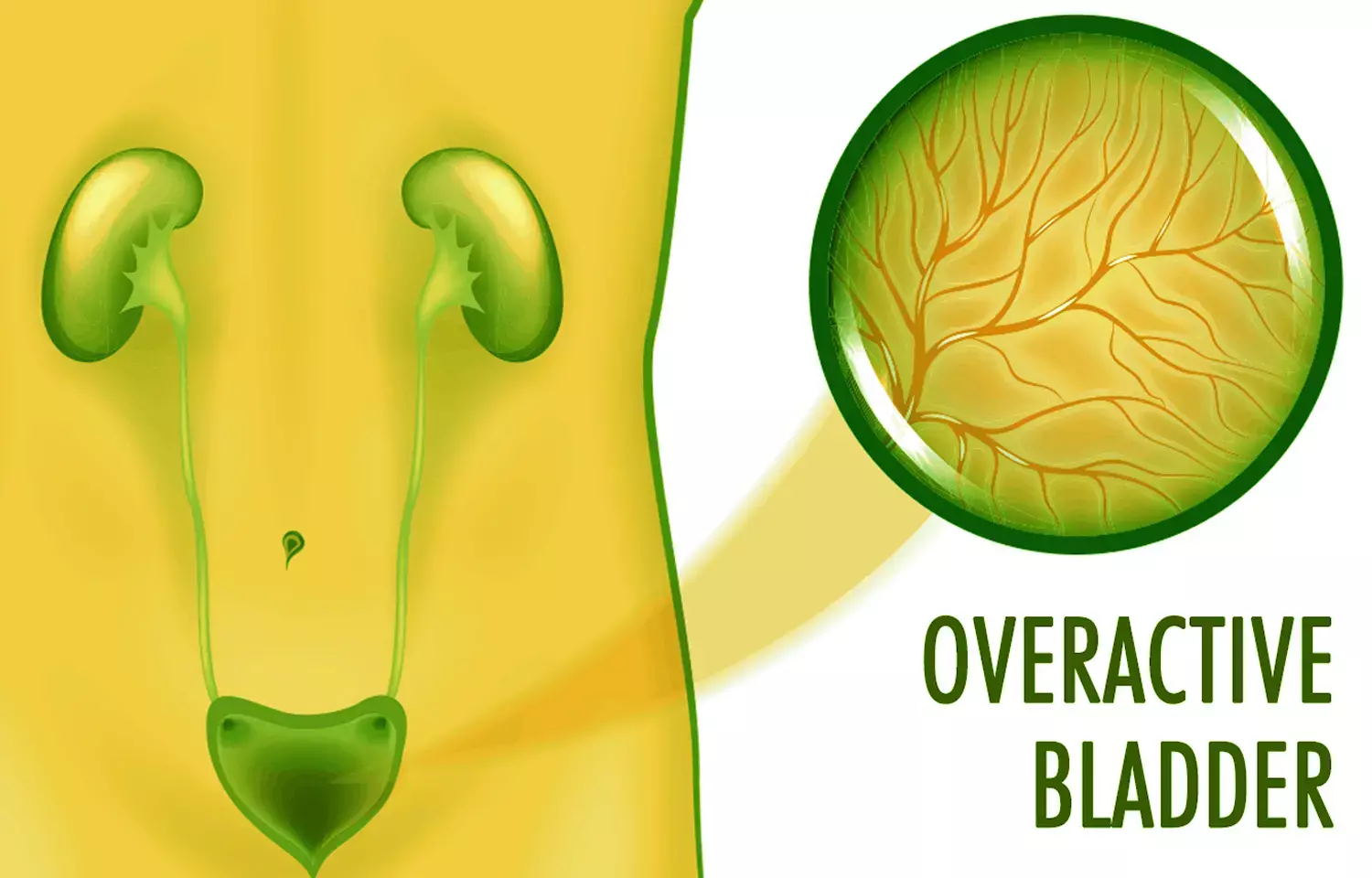- Home
- Medical news & Guidelines
- Anesthesiology
- Cardiology and CTVS
- Critical Care
- Dentistry
- Dermatology
- Diabetes and Endocrinology
- ENT
- Gastroenterology
- Medicine
- Nephrology
- Neurology
- Obstretics-Gynaecology
- Oncology
- Ophthalmology
- Orthopaedics
- Pediatrics-Neonatology
- Psychiatry
- Pulmonology
- Radiology
- Surgery
- Urology
- Laboratory Medicine
- Diet
- Nursing
- Paramedical
- Physiotherapy
- Health news
- Fact Check
- Bone Health Fact Check
- Brain Health Fact Check
- Cancer Related Fact Check
- Child Care Fact Check
- Dental and oral health fact check
- Diabetes and metabolic health fact check
- Diet and Nutrition Fact Check
- Eye and ENT Care Fact Check
- Fitness fact check
- Gut health fact check
- Heart health fact check
- Kidney health fact check
- Medical education fact check
- Men's health fact check
- Respiratory fact check
- Skin and hair care fact check
- Vaccine and Immunization fact check
- Women's health fact check
- AYUSH
- State News
- Andaman and Nicobar Islands
- Andhra Pradesh
- Arunachal Pradesh
- Assam
- Bihar
- Chandigarh
- Chattisgarh
- Dadra and Nagar Haveli
- Daman and Diu
- Delhi
- Goa
- Gujarat
- Haryana
- Himachal Pradesh
- Jammu & Kashmir
- Jharkhand
- Karnataka
- Kerala
- Ladakh
- Lakshadweep
- Madhya Pradesh
- Maharashtra
- Manipur
- Meghalaya
- Mizoram
- Nagaland
- Odisha
- Puducherry
- Punjab
- Rajasthan
- Sikkim
- Tamil Nadu
- Telangana
- Tripura
- Uttar Pradesh
- Uttrakhand
- West Bengal
- Medical Education
- Industry
Tooth loss due to chronic periodontitis linked to overactive bladder: Study

It has been recently found out that overactive bladder was correlated with the tooth loss and systemic, chronic inflammation.
The study was presented at the International Continence Society`s online meeting.
Metabolic syndrome/lifestyle diseases such as hypertension, diabetes mellitus and obesity are associated with overactive bladder (oab) and other lower urinary tract symptoms (luts). Chronic periodontitis, the leading cause of tooth loss in the elderly, is also associated with metabolic syndrome/lifestyle diseases. However, few studies have examined the relationship between tooth loss/chronic periodontitis and luts/oab.
Hence, Tomohiro Matsuo from the Department of Urology and Renal transplantation, Nagasaki University Hospital, Nagasaki, Japan conducted this study to determine the relationship between luts/oab and tooth loss.
The author assessed individuals aged >40 years who had not been treated for luts, and who had lost teeth due to chronic periodontitis. A total of 232 participants (oab group: n=103, non-oab group: n=129) were enrolled.
Participants were divided into two groups: the oab group and non-oab group according to the overactive bladder symptom score (oabss). Individuals with tooth loss from dental caries or external trauma, luts due to neurological disease, and males with a prostate size >30g were excluded.
Oab was defined as a score ≥2 on oabss item q3 (urgency) and a total score ≥3. Multivariate analysis was conducted to assess the relationship between the number of lost teeth and symptoms of luts/oab. All participants provided written informed consent.
The following results were observed-
A. The number of remaining teeth was 12.8±8.8 and 21.5±8.5 in the oab group and non-oab group, respectively (p<0.001).
B. There was a statistically significant inverse association between the number of remaining teeth and each of the oabss items and the total oabss (daytime frequency: r=-0.416, p<0.001; nighttime frequency: r=-0.525, p<0.001; urinary urgency: r=-0.474, p<0.001; urgency incontinence: r=-0.290, p<0.001; total oabss: r=-0.572, p<0.001).
C. The number of remaining teeth was also significantly associated with the voided volume (r=0.303, p<0.001), and maximum flow rate (r=0.219, p<0.001), but was not significantly associated with residual urine volume (r=-0.125, p=0.06).
D. There was a significant inverse association between the number of remaining teeth and serum c-reactive protein (crp) level (r=-0.264, p<0.001).
E. With the exception of urgency incontinence, serum crp level was significantly associated with each oabss item and the total oabss (daytime frequency: r=0.152, p=0.02; nighttime frequency: r=0.247, p<0.001; urinary urgency: r=0.262, p<0.001; urgency incontinence: r=0.115, p=0.08; total oabss: r=0.270, p<0.001).
F. Multivariate analysis revealed that the number of lost teeth was an independent risk factor for oab.
Therefore, it was concluded that "there is a relationship between the number of remaining teeth and luts including oab."
Overactive bladder was correlated with the tooth loss and systemic, chronic inflammation. In addition, the severity of oab was correlated with the tooth loss; thus future studies should focus on the utility of oral care as a means to prevent oab.
Dr. Nandita Mohan is a practicing pediatric dentist with more than 5 years of clinical work experience. Along with this, she is equally interested in keeping herself up to date about the latest developments in the field of medicine and dentistry which is the driving force for her to be in association with Medical Dialogues. She also has her name attached with many publications; both national and international. She has pursued her BDS from Rajiv Gandhi University of Health Sciences, Bangalore and later went to enter her dream specialty (MDS) in the Department of Pedodontics and Preventive Dentistry from Pt. B.D. Sharma University of Health Sciences. Through all the years of experience, her core interest in learning something new has never stopped. She can be contacted at editorial@medicaldialogues.in. Contact no. 011-43720751
Dr Kamal Kant Kohli-MBBS, DTCD- a chest specialist with more than 30 years of practice and a flair for writing clinical articles, Dr Kamal Kant Kohli joined Medical Dialogues as a Chief Editor of Medical News. Besides writing articles, as an editor, he proofreads and verifies all the medical content published on Medical Dialogues including those coming from journals, studies,medical conferences,guidelines etc. Email: drkohli@medicaldialogues.in. Contact no. 011-43720751


